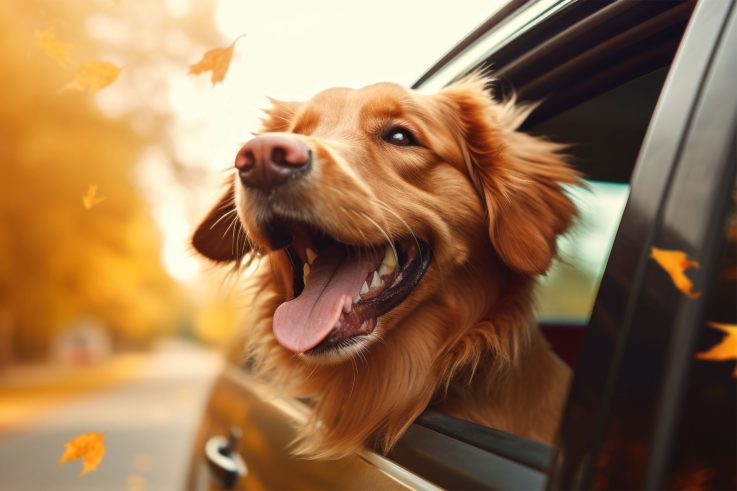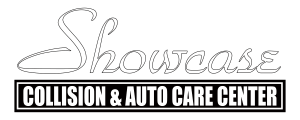With the arrival of autumn, driving conditions will change for much of the country, so it’s time to be aware of those differences and modify your driving behavior to accommodate them. Below we’ve provided some driving tips for Fall Driving 2023, so that you can continue your safe driving during the changing season. The first recommendation will be to have your vehicle serviced for fall driving, and that should include a check of your tires, brakes, fluid levels, and essential systems like lights and heating. If any kind of auto repair is necessary, this should be done as soon as it can be arranged. Other more specific tips are described below.
Watch out for wildlife
Wildlife tends to be more active during the hours around dawn and dusk since many wild animals have become nocturnal. Deer can be particularly dangerous to motorists since they have a habit of leaping in front of running vehicles at unexpected moments. Other smaller animals might also be crossing the road at these times of day, so watch out for critters like opossums, rabbits, raccoons, skunks, and even stray dogs and cats. If you should collide with any kind of larger animal, it could result in serious damage to your car, and possibly to yourself as well.
Be extra careful on overpasses and bridges
As the weather cools, especially at night, it becomes possible for bridges and overpasses to freeze up. This creates hazardous driving conditions, because most drivers won’t be aware they’re about to hit a frozen patch, and will maintain speed. A high-speed slip can create the potential for loss of control over your vehicle, and when that happens, serious accidents can occur. Bridges and overpasses have a tendency to freeze up before other areas, so it generally comes as a surprise when you hit a skid on one of these areas.
Watch out for foggy conditions
Fog can create all kinds of hazardous conditions, so it becomes necessary to proceed with caution in foggy areas. It’s super important that you see other drivers and that they are able to see you. So make sure your lights are in good working order and that they’re on when you encounter any foggy conditions. It’s best to avoid using your high-beam headlights, because they create a glare in fog and don’t allow for best vision in those conditions. It’s always a good idea to drive a little slower in a fog patch, so you have more time to react to a suddenly developing traffic situation.
Be prepared to drive through leaves
There will be times when you encounter piles of leaves or even sheets of leaves on the roadway during autumn. These can reduce your level of traction and introduce a slippery element to driving. You’ll be much safer if you slow down when driving through a patch of leaves, so any slips won’t be so costly. If there happens to be a frost or any kind of icy condition present, that will exacerbate the danger presented by leaves. That means you’ll need to be extra cautious when driving over leaves on chilly days.
Prepare for different patterns of daylight
Fall days are substantially shorter than summertime days, by several hours. That means it will get dark sooner in the evening and it will stay dark longer in the morning. This can make it more dangerous to drive through your own neighborhood since it will be harder to see children playing or pets running into the street. It’s also true that the sun doesn’t climb as high in the sky as it does during summer. This means it’s more likely that the sun will be in your eyes at some point while you’re driving. Have some sunglasses ready for times when there’s a huge glare of sunshine, so your driving vision isn’t impaired.
Contact Us
Sometimes, even with the best approach to driving and in relatively safe and dry conditions, accidents can still happen. If you’ve been involved in any kind of traffic mishap, contact us at (586)-979-6450 where our Showcase Collision experts will be waiting to restore your vehicle to prime condition. We also handle all kinds of auto repairs, and you can always count on reliable, professional service from our team of experienced mechanics and collision specialists.


